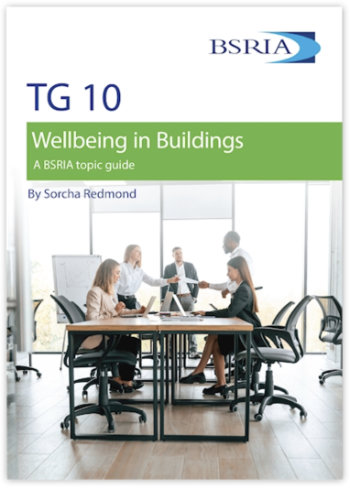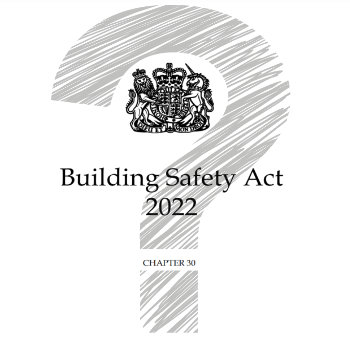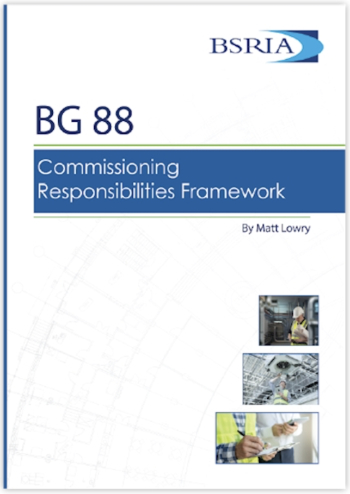Protecting against online crime
Contents |
[edit] Introduction
A cyber aware campaign offers simple steps to help protect the public and small businesses from the majority of preventable cyber incidents. The campaign is delivered in partnership with Cabinet Office, Home Office and the Department for Digital, Culture, Media & Sport (DCMS).
[edit] Response to increased online usage
In February 2021, the National Cyber Security Centre (NCSC) introduced a cyber aware initiative designed to empower and enable the public, sole traders and microbusinesses to better understand how to stay secure online and to take practical steps to help do so. Devised by technical experts at the NCSC, the campaign highlights the threat that cyber criminals pose to those who spend more time online.
Increasing use of email, online payments, virtual meetings and improved access to loans and innovation grants brings great benefits to businesses, but it comes with risk of falling victim to cyber criminals. The campaign emphasises that online security is as important as physical security.
Luckily, however, for those work for themselves or run a small business with fewer than 10 employees, there are protective actions that can be taken online according to the cyber aware campaign.
[edit] Six steps
At the heart of the cyber aware campaign are six practical steps which can help protect against the majority of online crime, helping to keep people secure by protecting passwords, accounts and devices:
1. Create a separate password for business email accounts. An inbox contains lots of sensitive information about a business. It is the gateway to all online accounts, so it should be kept safe with a strong password that's different from all others.
2. Create a strong password using three random words. The longer the password, the harder it is to hack. Long passwords can be difficult to remember. But using three random words will help users create passwords that are both long and strong. Start with the most important business accounts, like email.
3. Save passwords in a default/preferred browser. Remembering lots of passwords can be difficult, but if they are saved in a primary browser, users do not have to remember them. It is also safer than re-using the same password for all accounts.
4. Turn on two-factor authentication. This free security feature adds an extra layer of protection online and stops cyber criminals getting into accounts, even if they have obtained the password.
5. Update devices. Using the latest software, apps and operating system can fix bugs and immediately improve security.
6. Backup. Backing up means there is always a copy of important business data in the event it’s lost or stolen e.g., contract information, customers personal details, key contacts. Make sure these backups are recent and can be restored.
This article originally appeared on the new portion of the ICE website under the headline, '6 ways to protect against online crime'. It was written by Simon Barney and published on 24 February 2021.
--The Institution of Civil Engineers
[edit] Related articles on Designing Buildings
- Adapting your technology to the new working normal.
- Cyber hygiene.
- Cyber-security and phishing.
- Digital Built Britain.
- ICE articles on Designing Buildings Wiki.
- Infrastructure and cyber attacks.
- PAS 1192-5:2015.
- UK organisations encouraged to review cyber security in response to situation in and around Ukraine.
Featured articles and news
Wellbeing in Buildings TG 10/2025
BSRIA topic guide updates.
With brief background and WELL v2™.
From studies, to books to a new project, with founder Emma Walshaw.
Types of drawings for building design
Still one of the most popular articles the A-Z of drawings.
Who, or What Does the Building Safety Act Apply To?
From compliance to competence in brief.
The remarkable story of a Highland architect.
Commissioning Responsibilities Framework BG 88/2025
BSRIA guidance on establishing clear roles and responsibilities for commissioning tasks.
An architectural movement to love or hate.
Don’t take British stone for granted
It won’t survive on supplying the heritage sector alone.
The Constructing Excellence Value Toolkit
Driving value-based decision making in construction.
Meet CIOB event in Northern Ireland
Inspiring the next generation of construction talent.
Reasons for using MVHR systems
6 reasons for a whole-house approach to ventilation.
Supplementary Planning Documents, a reminder
As used by the City of London to introduce a Retrofit first policy.
The what, how, why and when of deposit return schemes
Circular economy steps for plastic bottles and cans in England and Northern Ireland draws.
Join forces and share Building Safety knowledge in 2025
Why and how to contribute to the Building Safety Wiki.
Reporting on Payment Practices and Performance Regs
Approved amendment coming into effect 1 March 2025.
























